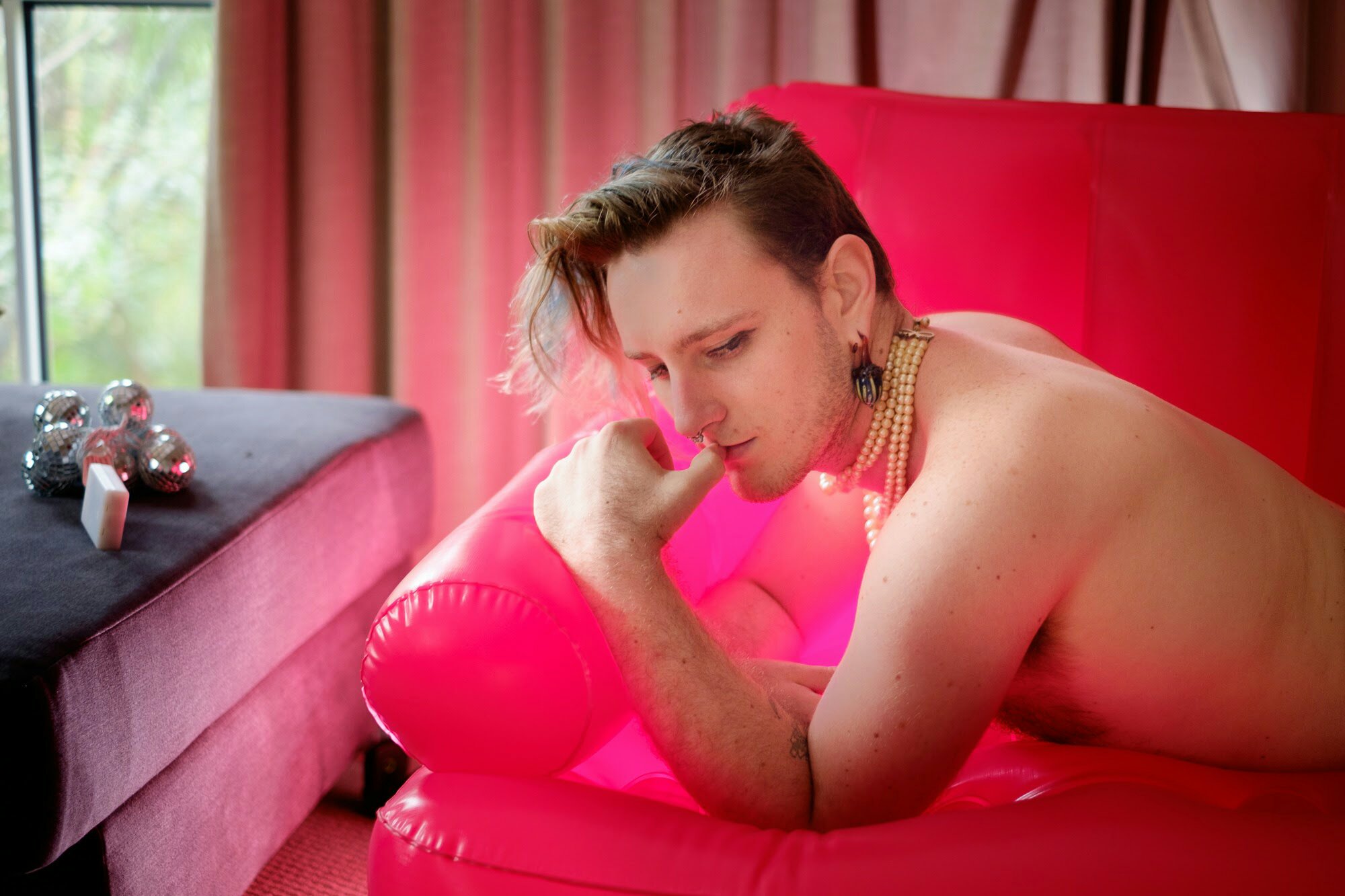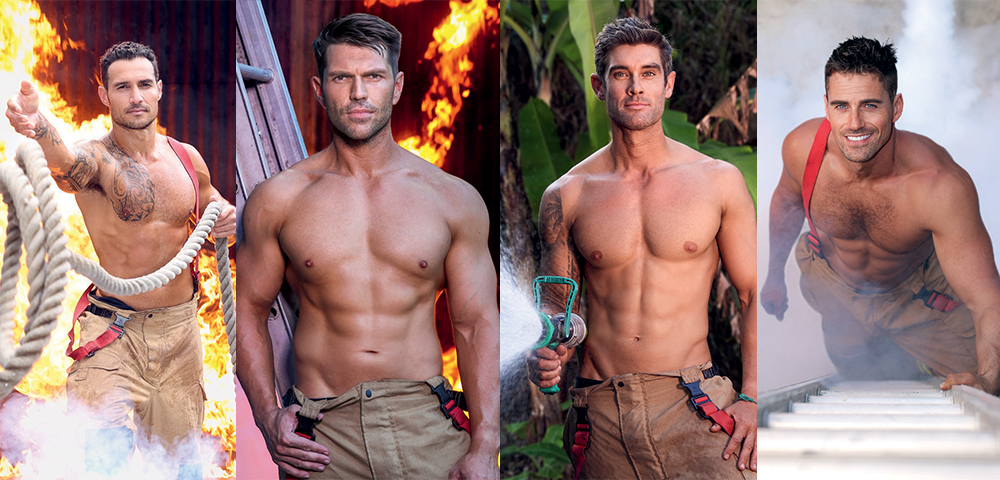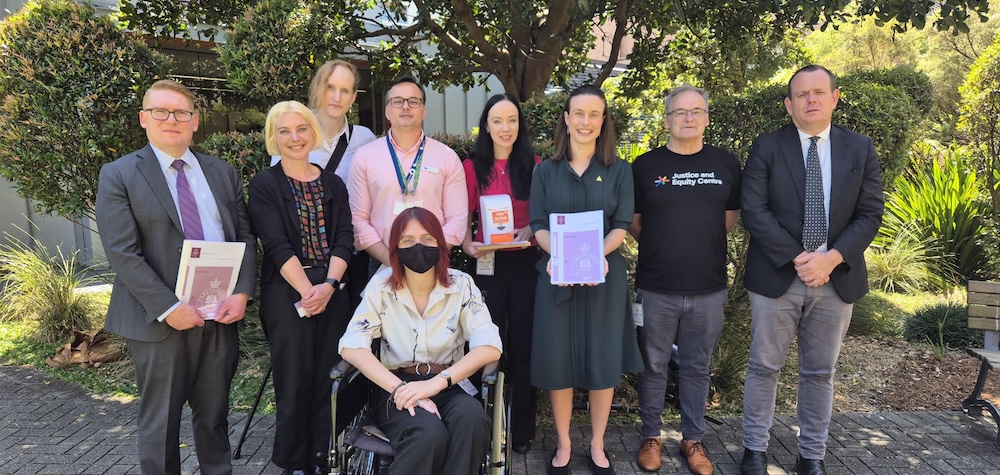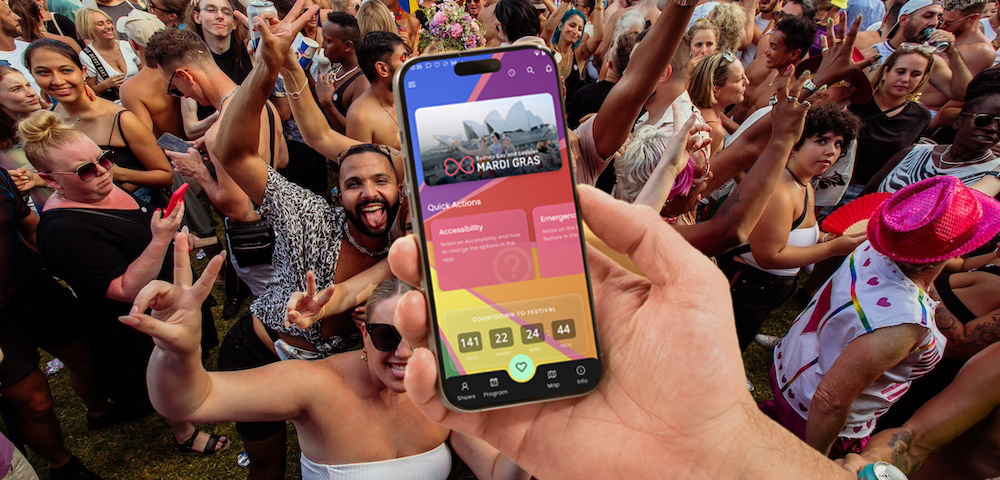
Bare necessities: PrEP and the rise of condomless sex

With more and more men taking PrEP, condomless sex might be more popular than we’ve ever seen. Jess Jones spoke to two people who have started taking the pill about how it has changed their attitude towards sex and protection.
* * *
John Avocado started using pre-exposure prophylaxis (PrEP) to prevent HIV when he left a long-term relationship earlier this year and started having more casual sex.
“Sex was mostly with condoms, but there were instances where I was a bit lax with condom use,” he says.
“I really did want to try using PrEP—obviously for protection from HIV, but mainly for peace of mind—to dispel the ‘what if’ feeling after every fuck.”
Avocado wasn’t eligible to access PrEP via a trial, but he found a doctor who was happy to do his HIV and STI screening and prescribe Truvada. He now orders the medication online.
He says he feels better about choosing condomless sex now that he has the extra protection of PrEP.
“And ‘choosing’ is definitely the word,” he adds.
“I feel much more in control of my choices and there’s no feeling of guilt or shame after having condomless sex.
“It also feels much more like I am actively choosing the type of sex I have, rather than feeling like condomless sex is something I’m passively going along with. And the same with condoms to be honest—it feels much more like a choice.”
Avocado is aware of the risk of other STIs when choosing condomless sex.
“I wouldn’t say I worry about other STIs, but I am aware that there is a risk of contracting them,” he says.
“I have a regular testing schedule so I know anything I do get will be picked up quickly and I should be able to treat.”
He doesn’t consider his risk of STIs much higher than before.
“I’ve had STIs previously despite using condoms, and I’ve never used condoms for oral sex, so in all honesty my risk of getting any STI is about the same as it ever was so I don’t really worry,” he says.
“In fact, I’m more worried about catching a cold or stomach bug from guys whose fingers go in my mouth.”
Avocado thinks a lot of people still see condomless sex as shameful.
“It’s almost as if there is some virtue in condoms, rather than them just being there as an STI management method,” he explains.
“So for me I’m happy to say I use PrEP specifically to facilitate condomless sex. I know that makes some people prickle a bit, even me, but I’ve worked really hard to overcome feelings of shame when there’s no need for them.”
He hopes that the increased use of PrEP might help to change attitudes towards HIV and stigma towards people living with HIV.
“I know a lot of people will flatly refuse to have sex with anyone they know to be HIV-positive, so I hope those sorts of attitudes will start to be seen less and less frequently,” he says.
Kent Burgess of the Victorian AIDS Council believes PrEP has a valuable place in sexual health risk management for queer men.
“PrEP is a powerful tool to protect against HIV transmission,” he says.
“It is highly effective and has helped many gay and bi men to feel a new confidence and empowerment over their own sexual health.”
Burgess does caution that people need to remember PrEP only protects against HIV.
“PrEP does not protect against sexually transmissible infections, and gay and bi men need to be aware of the risk of STIs,” he explains.
“The advantage of PrEP is that it is prescribed three monthly along with an HIV test and STI screen. This increased frequency of testing supports early detection and treatment of STIs.
“We are seeing increased frequency of HIV and STI testing in the context of PrEP and this is a great outcome.”
Roman Rivers is a queer sex worker who started using PrEP about six months ago. They’re accessing the medication through a trial.
Rivers’ reason for starting PrEP was quite straightforward.
“I prefer raw sex,” they say.
“I figured I sometimes tend to make risky decisions, and it’s probably a good idea to have some barrier of defence.”
Rivers says they were “pretty terrified” of HIV as a teen, but not so worried now.
“I’m more scared of treatment-resistant gonorrhoea than I am of HIV, to be honest,” they say.
Being on PrEP is a benefit in Rivers’ work as well.
“As a hooker, clients like knowing that you’re taking PrEP,” they explain.
“It also means that I can hustle more money out of them because if you’re taking PrEP, every cis gay boy ever seems to think it’s a silver bullet to protect you against everything, so you can just have as much bareback sex as you like… which means I can charge them extra.”
Rivers says they are “definitely” having more condomless sex than before they started PrEP.
A long-time sexual health advocate, they describe having reached a point of “safer sex fatigue”.
“Barrier prophylactics are something I’ve been working to promote for ages, and I’m just kind of burnt out and bored,” they say.
“I’ve been exploring more and more the idea of, rather than there being the one right way to fuck, just doing it however you like and accepting and acknowledging what could come with that.”
Prior to taking PrEP, Rivers was still having condomless sex and acknowledging the risk of HIV and STIs.
“Generally speaking, I probably feel safer having bareback sex with HIV-positive people,” he adds.
“I find people who are positive tend to have higher levels of sexual health literacy, and tend to be more conscientious of informed consent and decision-making. And part of being positive and managing it is getting regular STI tests. Guys who are undetectable I’m very comfortable having bareback sex with.”
Rivers says condomless sex is becoming more popular with the rise of PrEP.
“HIV is the only thing people in the gay community care about,” they say.
“Once you remove that from the equation, they don’t care about anything else.”










Both of the two interviewees actually, Arthur.
Love from
The Other Interviewee xx
What exactly is the point of this article? It’s okay to have sex wthout a condom? This article is very subjective and I find it intellectually insulting.
One of the two interviewees believes people who are positive tend to have higher levels of sexual health literacy. Was that also true before they became positive or it happened after the fact?